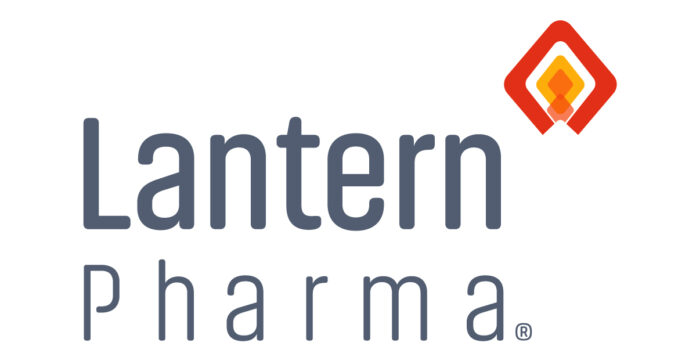DALLAS– Lantern Pharma Inc. (NASDAQ: LTRN), an artificial intelligence (AI) company developing targeted and transformative cancer therapies using its proprietary AI and machine learning (ML) platform, RADR®, with multiple clinical stage drug programs, today announced the dosing of the first two patients in the Phase 1 clinical trial evaluating Lantern’s investigational new drug LP-284 in patients with relapsed or refractory non-Hodgkin’s lymphoma (NHL), including mantle cell lymphoma (MCL) and double hit lymphoma (DHL) and other high-grade B-cell lymphomas (HGBL) as well as other select solid tumors and sarcomas. Recently, Lantern Pharma’s AI platform, RADR® is expected to exceed 100 billion data points during 2024, and has been crucial in uncovering and accelerating indications for LP-284 as well as other drug-candidates that are in development.
“Enrolling and treating initial patients in our Phase 1 trial for LP-284 is a major milestone and underscores the commitment of our team to advancing our pipeline of AI-driven therapies to patients,” stated Panna Sharma, Lantern’s President and CEO. “We believe LP-284 has unique and breakthrough potential for patients with relapsed or refractory lymphomas and certain solid tumors with certain genomic signatures, many of which have no or limited effective therapeutic options.”
“LP-284 is a molecule which was advanced from initial concepts through IND-studies, manufacturing, multiple FDA-granted orphan indications, multiple patent filings, as well as presentations at major oncology conferences and into humans in a timeline and cost structure that is typically unheard of for a novel oncology-focused molecule. This milestone validates our unique approach of leveraging AI and machine learning to expedite cancer drug development,” said Sharma. “Insights from our proprietary AI and ML platform, RADR®, were instrumental in our development of LP-284 and aided in understanding its mechanism of action, identifying and prioritizing its cancer indications, and generating machine learning biomarker signatures to assist with patient selection in future clinical trials. We have been able to expedite its journey from a concept to a first-in-human clinical trial in a highly efficient and cost-effective manner – less than 3 years and under $3 million – underscoring the power and potential of our AI platform RADR® to accelerate oncology drug discovery and development.”
The open-label Phase 1a/1b multicenter Phase 1 trial (NCT06132503) is evaluating the safety and tolerability of escalating doses of LP-284 and determining the maximum tolerated dose (MTD) and the recommended Phase 2 dose (RP2D) in patients with relapsed or refractory (R/R) lymphomas and solid tumors. The secondary objectives are to characterize the pharmacokinetics (PK) of LP-284 and to assess clinical activity of LP-284.
Patients will be enrolled and treated with LP-284 administered intravenously (IV) on Days 1, 8, 15 of a 28-day schedule. The study will be conducted in two parts: dose escalation with MTD and/or RP2D confirmation (Phase 1a) and dose expansion (Phase 1b). Up to 30 patients will be enrolled in Phase 1a; the total number of patients will depend on the number of dose levels explored. Additionally, Lantern may enroll up to 40 patients in each of the two cohorts of MCL and HGBL (including DLBCL) tumors in Phase 1b.
NHL is the leading hematological malignancy in the US and remains one of the leading causes of cancer deaths globally, with an estimated 500,000 new cases annually worldwide. Despite advances in NHL using combination and targeted therapies, nearly 20% to 40% of patients with certain subtypes still relapse after treatment. In aggressive subtypes of NHL, like MCL, nearly all patients relapse from standard-of-care (SOC) therapies. Globally, the annual market potential of LP-284 in NHL is estimated to be approximately $4 billion USD.
LP-284 is a novel small molecule with a synthetically lethal mechanism of action that preferentially damages cancer cells that harbor mutations in DNA damage repair pathways. Lantern’s LP-284 program has been accelerated and focused using AI insights and biological modeling powered by RADR®.


